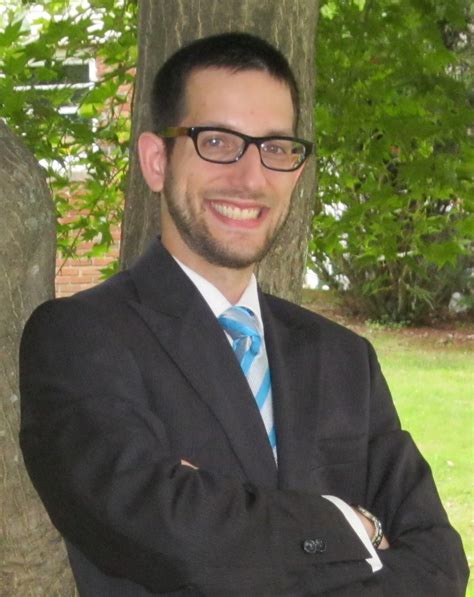A Quote by Jack Kornfield
Ours is a society of denial that conditions us to protect ourselves from any direct difficulty and discomfort. We expend enormous energy denying our insecurity, fighting pain, death and loss and hiding from the basic truths of the natural world and of our own nature.
Related Quotes
Things do fall apart. It is in their nature to do so. When we try to protect ourselves from the inevitability of change, we are not listening to the soul. We are listening to our fear of life and death, our lack of faith, our smaller ego's will to prevail. To listen to the soul is to stop fighting with life-to stop fighting when things fall apart, when they don't go our way, when we get sick, when we are betrayed or mistreated or misunderstood. To listen to the soul is to slow down, to feel deeply, to see ourselves clearly, to surrender to discomfort and uncertainty, and to wait.
Most of us have become Ecozombies, desensitized, environmental deadheads. On average, society conditions us to spend over 95% of our time and 99.9% of our thinking disconnected from nature. Nature's extreme absence in our lives leaves us abandoned and wanting. We feel we never have enough. We greedily, destructively, consume and, can't stop. Nature's loss in our psyche produces a hurt, hungering, void within us that bullies us into our dilemmas.
It is our own pain, and our own desire to be free of it, that alerts us to the suffering of the world. It is our personal discovery that pain can be acknowledged, even held lovingly, that enables us to look at the pain around us unflinchingly and feel compassion being born in us. We need to start with ourselves.
One of the primary conditions for suffering is denial. Shutting our mind to pain, whether in ourselves or others, only ensures that it will continue. We must have the strength to face it without turning away. By opening to the pain we see around us with wisdom and compassion, we start to experience the intimate connection of our relationship with all beings.
Insecurity refers to a profoud sense of self-doubt-a deep feeling of uncertainty about our basic worth and our place in the world. Insecurity is associated with chronic self-consciousness, along with a chronic lack of confidence in ourselves and anxiety about our relationships. The insecure man or woman lives in constant fear of rejection and a deep uncertainty about whether his or her own feelings and desires are legitimate.
We live in a society that will send us to prison if we make use of time-honored sacred plants to explore our own consciousness. Yet surely the exploration and expansion of the miracle of our consciousness is the essence of what it is to be human? By demonstrating and persecuting whole areas of consciousness, we may be denying ourselves the next vital step in our own evolution.
Ours has been called a culture of narcissism. The label is apt but can be misleading. It reads colloquially as selfishness and self-absorption. But these images do not capture the anxiety behind our search for mirrors. We are insecure in our understanding of ourselves, and this insecurity breeds a new preoccupation with the question of who we are. We search for ways to see ourselves. The computer is a new mirror, the first psychological machine. Beyond its nature as an analytical engine lies its second nature as an evocative object.
Some of us have a hard time believing that we are actually able to face our own pain. We have convinced ourselves that our pain is too deep, too frightening, something to avoid at all costs. Yet if we finally allow ourselves to feel the depth of that sadness and gently let it break our hearts, we may come to feel a great freedom, a genuine sense of release and peace, because we have finally stopped running away from ourselves and from the pain that lives within us.
If we are at war with our parents, our family, our society, or our church, there is probably a war going on inside us also, so the most basic work for peace is to return to ourselves and create harmony among the elements within us - our feelings, our perceptions, and our mental states. That is why the practice of meditation, looking deeply, is so important.
A solitary American monk named Thomas Berry writes that in our relationship to nature, we have been autistic for centuries. Wrapped tightly in our own version of knowledge, we have been unreceptive to the wisdom of the natural world. To tune in again, to have the "spontaneous environmental rapport" that characterized our ancestors, will take doing something that is perfectly delightful: reimmersing ourselves in the natural world.
It is possible to move through the drama of our lives without believing so earnestly in the character that we play. That we take ourselves so seriously, that we are so absurdly important in our own minds, is a problem for us. We feel justified in being annoyed with everything. We feel justified in denigrating ourselves or in feeling that we are more clever than other people. Self-importance hurts us, limiting us to the narrow world of our likes and dislikes. We end up bored to death with ourselves and our world. We end up never satisfied.
There is no need to invent an ego that is separate from the divine if our basic human nature is trusted. If we trust ourselves, we know how to avoid interfering with nature and how to live in harmony. When we know God as an unseen, loving, and accepting power at the heart of everything, allowing us to make our own choices, then God is a trusted part of our nature.





































